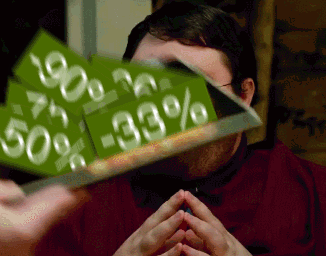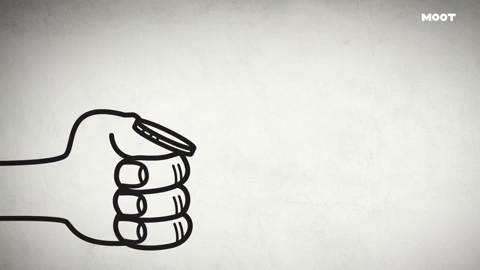Many performers are members of trade unions, so you’ve probably heard the names of organisations such as Equity or Musicians Union before. A trade union is essentially an association of workers from a particular profession formed to both further and protect the workers’ interests and rights. They’re funded by membership fees. Join us as we take a look at the potential reasons for becoming a union member.
1. Insurance
Most unions will insure their members against personal injuries whilst at work. Many performers are self-employed so simply cannot afford to stop working due to an injury. If you’re hurt at work and part of a union offering insurance you’ll be able to recover safe in the knowledge that you won’t be out of pocket. Unions such as the Musicians Union also insure your instruments and provide public liability insurance. In the US and Canada membership to a union can often entitle you to health insurance / benefits, as in the case of the Canadian acting union ACTRA.

2. Career Advice
Unions often run free workshops or lectures in relevant subjects, which are exclusive to members. This allows you to keep up to date on the latest developments and thinking in your industry. Trade unions are usually structured in such a way that there are local representatives you can speak to face to face about any issues you may be facing professionally. As great as it is to rely on friends you know from your profession, sometimes its more beneficial to receive advice from an impartial person who may be more advanced in their career.

3. Chasing Money
As a performer you want to spend your time being creative, honing your craft and seeking out new lucrative and rewarding work. If you’re going it alone a lot of that time can quickly be taken up chasing down money you’re owed. As a member of a trade union you have access to an organisation which will do the leg work for you. Whether its owed royalties or payment for a gig, your union will act on you behalf and chase it down for you. AFM (American Federation of Musicians) operates in the US and Canada to ensure that musicians are compensated fairly for their work. Australians can become members of the Musicians Union of Australia.

4. Insider Info
Trade unions provide insider info via their members, such as acting union Equity in the UK, which gives members access to a constantly updated digs list. Finding somewhere cheap and safe to stay whilst you’re on the road is essential for actors. The American equivalent of Equity is the Actors Equity Association. These two trade unions have a members web portal with specialist advice in common, something most other unions will also have. Australia’s union MEAA (Media Entertainment & Arts Alliance) lists networking as one of its key benefits. They explain ‘MEAA brings members together to network, build power at work, identify issues and opportunities, keep pace with changes in our industries and fight for a better deal.’ New Zealand also has an Equity trade union.

5. Discounts
Membership to a trade union can also bring access to exclusive discounts. These unions have a lot of members and are so narrow in terms of focus on people from specific professions that they’re very attractive to marketeers. You can often find discounts and offers on products and services key to your profession. Its probably true that there’s no such thing as a free lunch, but there may be such thing as a heavily discounted lunch!

6. Industry Regulation
Part of a trade union’s remit to advance its members’ cause is to regulate the industry they work in. Being part of a trade union will ensure that you’re not overworked on a job, in terms of hours on set, length of performance etc. You will also receive industry standard breaks, days off and be working in safe, sanitary conditions. Being employed when you’re part of a trade union means a consistent way of working across everything you’re hired for. It may sound like the dull stuff, but it allows you to focus on the job at hand without worrying about conditions and standards of pay.

7. Professional Name
Most trade unions for performers will not permit you to join if there is already a member of the same name. As a performer your name is very important so if your name is already taken you’ll need to have a professional one. It would be easy for confusion and reputation damage to take place in the industry if people with the same name were permitted to operate. Having your own unique name keeps things simple and clear for auditioning and pay.

8. International Links
Most trade unions have preexisting relationships with similar organisations abroad. This allows for a smooth transition if you ever choose to work abroad and will be especially handy for British union members as Brexit approaches. It can be frightening working somewhere unknown, especially if you’re by yourself and don’t speak the language. Trade unions with international contacts can help minimise the stress of travelling for work.

9. Legal Support
Trade unions are probably best known for supporting their members from a legal standpoint. If you ever find yourself in a legal dispute your union will usually foot the bill for any legal fees. They will also support you when it comes to writing your will or any personal injury claims. Most creatives are fish out of water when it comes to legal jargon and often don’t have the spare cash for the expenses of a legal dispute. Hopefully you won’t have the misfortune of any legal problems, but if you do your trade union will have your back.

10. Pension Services
Unions such as Equity in the UK offer their own pension schemes for members. Retirement is a concern for many performers given that most are self-employed. The same union also has a charity arm which makes grants to members facing particular financial hardships.

